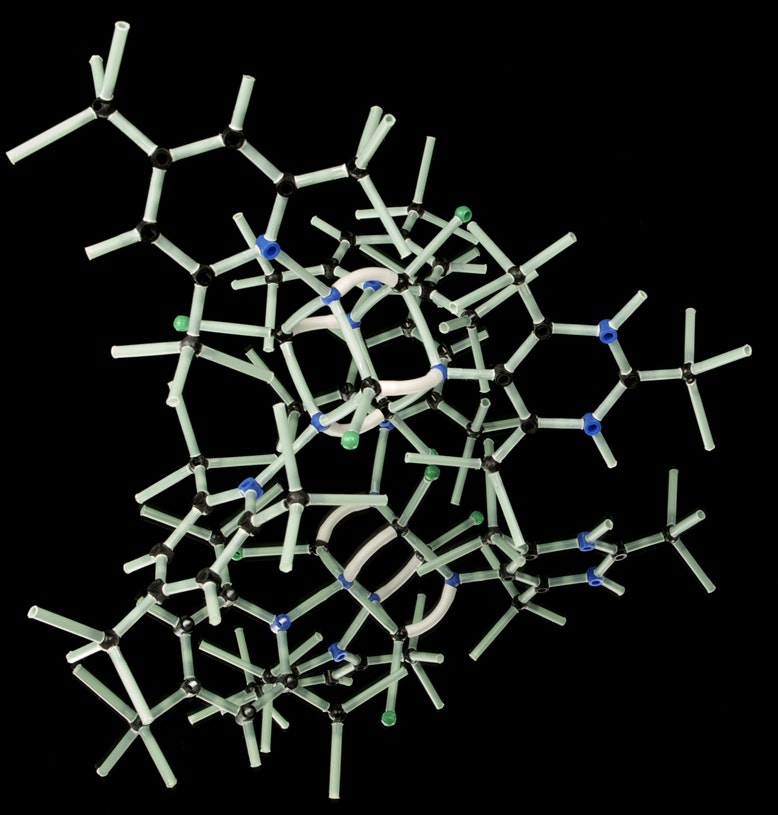News from: Senior Solutions Network
| The majority of our DNA is the same from one person to the next, after all, we are all human. But, it’s the remaining unique combination of variants that distinguishes us from one another. Some of these differences are what increase or decrease our risk for certain diseases and how different medicines can affect us. These variants in our DNA are the basis of our unique genetic makeup. Our Genes are not the only cause of cancer. Other contributing factors are lifestyle, environment, diet, age, and exposure to toxic substances. Cancer is complex and has many causes. Most cancers are sporadic and not due to one identifiable cause, but about 10 to 15 % of certain cancers are due to harmful genetic changes that are called mutations that are passed down thru families.
Advances in science have improved our knowledge of the inner workings of cells, the basic building blocks of the body. All living things are made of cells. Complex animals such as humans have trillions of cells. Cells work together to form organs, such as the heart, liver, and skin. Human bodies have several organ systems. Human biology is actually far more complicated than we imagine. Everybody talks about the genes that they received from their mother and father, for this trait or the other. Cancer begins when genes in a cell become abnormal and the cell starts to grow and divide out of control. Genes are absolutely not our fate. They can give us useful information about the increased risk of a disease, but in most cases they will not determine the actual cause of the disease, or the actual incidence of somebody getting it. However, knowing that you may be at risk and how to mitigate that through healthy life-style changes, can make a huge difference for you and your families. This information is so important to have that Medicare has added the CGX test to their Preventive Screenings with no co-pays and no deductibles. To find out if you qualify for this life saving test, contact |
